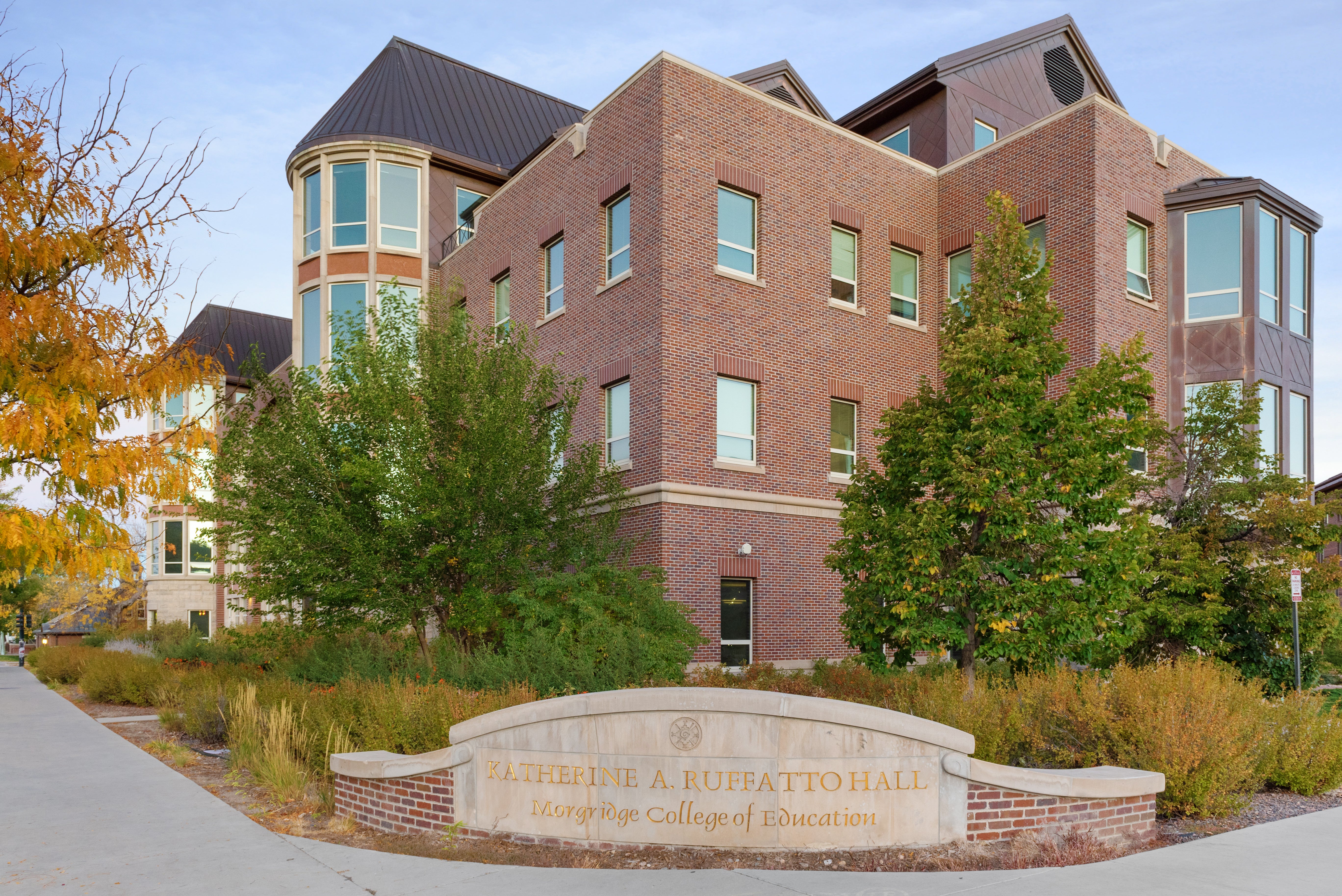Master of Arts in School Psychology
Begin your degree path to pursuing doctoral work in our School Psychology (SP) program. Our Master of Arts (M.A.) degree is not a terminal degree—it is your starting point for a Ph.D.
You will begin building a strong understanding of the diverse environmental, neurobiological, and cultural influences that impact child development.
As a full-time M.A. student, you will complete this degree program in one year or four quarters. This degree prepares you to apply to a Ph.D. program in school psychology or a related field.
Learning Outcomes
The program learning outcomes for the Masters of Arts in School Psychology are as follows:
Application of contemporary, scientifically-based knowledge of typical and atypical development from birth to age 21 within the core areas of cognition and learning, language and communication, motor and movement, social-emotional and adaptive behavior.
Family sensitive practice that acknowledges the impact of biological, social, cultural, ethnic, socioeconomic and linguistic factors on the learning and development of students and families from diverse backgrounds.

Collaborative problem-solving with school, family and community professionals leading to practical applications of human learning and development theory and a full continuum of empirically valid prevention and intervention strategies to promote mental health, learning, and physical well-being for students in regular and special education.
Recursive data-based decision-making and goal-setting using a broad array of assessment approaches, the results of which are functionally linked to program interventions and services that result in measurable positive academic, social-emotional and behavioral outcomes.
The ability to design, implement, and appraise a continuum of universal, targeted, and intensive individual, group, family, classroom, district or community mental health agency interventions and educational services intended to create and maintain safe and supportive environments for learners of all abilities and with diverse needs.
Program development and evaluation that include, but are not limited to, progress monitoring, outcome accountability, and formative and summative evaluation of school, family and community partnerships to enhance academic, social-emotional and behavioral outcomes for students.
The ability to appraise and communicate empirical evidence and literature based on a thorough understanding of research design, measurement, and statistics.
Ethical, legal, and socially responsible practice in the professional fields of School Psychology and Child and Family studies that reflects current knowledge of public policy, federal and state legislation and regulations, and a strong professional identity.
Shared decision-making that utilizes information sources and technology to safeguard and enhance services and promote change at the individual, family, classroom, building, district or community level.
Advocacy that promotes wellness and ensures that prevention of learning, emotional and behavior problems commands as much attention, effort and resources as remediation.
Program Requirements
You’ll need to complete 45-quarter credit hours, as well as an applied Capstone project.


